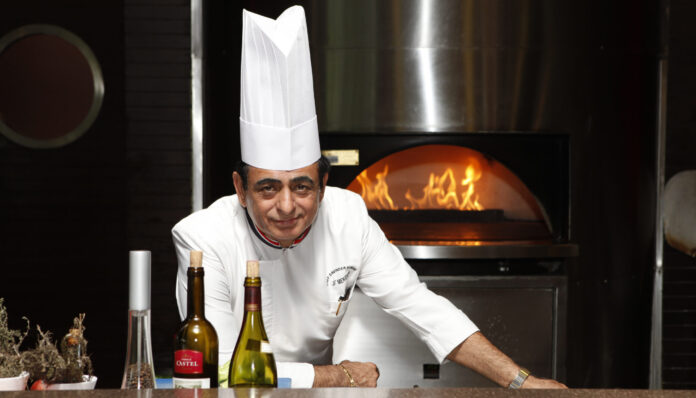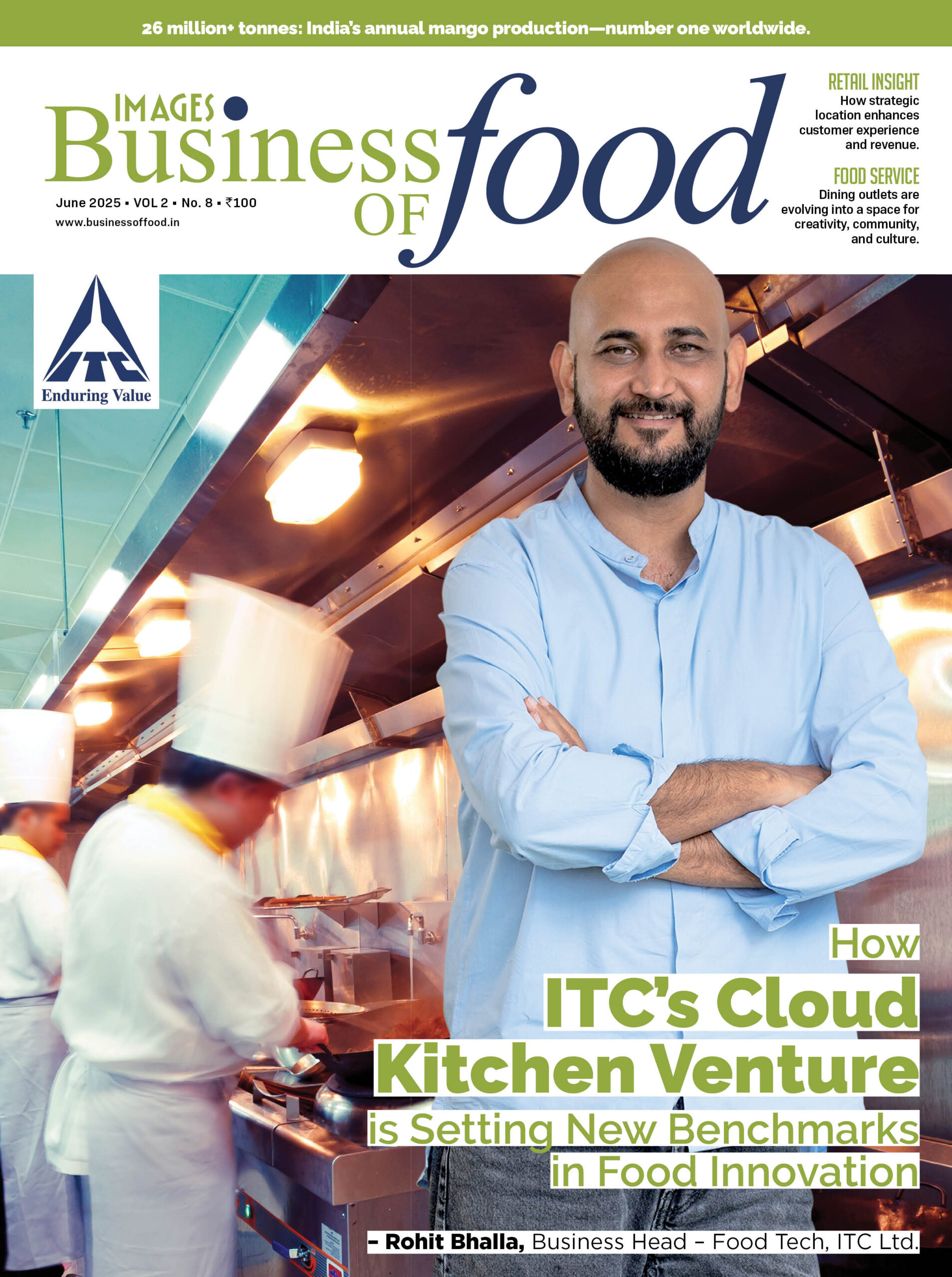Q. As a veteran in the culinary industry, how have you adapted to the transformations within the sector? I’ve been in this industry for over five decades, and in that time, I’ve seen food transform in various ways. With the rise of technology and AI, food has taken on a whole new form—it’s evolving faster…



